
GEBRÜDER WOLF
Gebrüder Wolf Story
The remarkable journey of Gebrüder Wolf, the Brothers Wolf, one of Hamburg’s most beloved entertainment acts, began in the late 19th century. The group is credited with giving Hamburg its unofficial anthem, "An de Eck steiht'n Jung mit'n Tüdelband." The widely known version of the song today traces its roots back to Ludwig Wolf’s 1911 couplet, "Een echt Hamborger Jung," as noted by Helmut Glagla in his book Das plattdeutsche Liederbuch.
In 1895, Ludwig, Leopold, and James Isaac—three butcher's sons from Hamburg-Neustadt—formed the Wolf-Trio. Through parodies, comedic sketches, and farcical performances, they delighted audiences not only in Hamburg but across Berlin, Erfurt, Copenhagen, and Oslo.
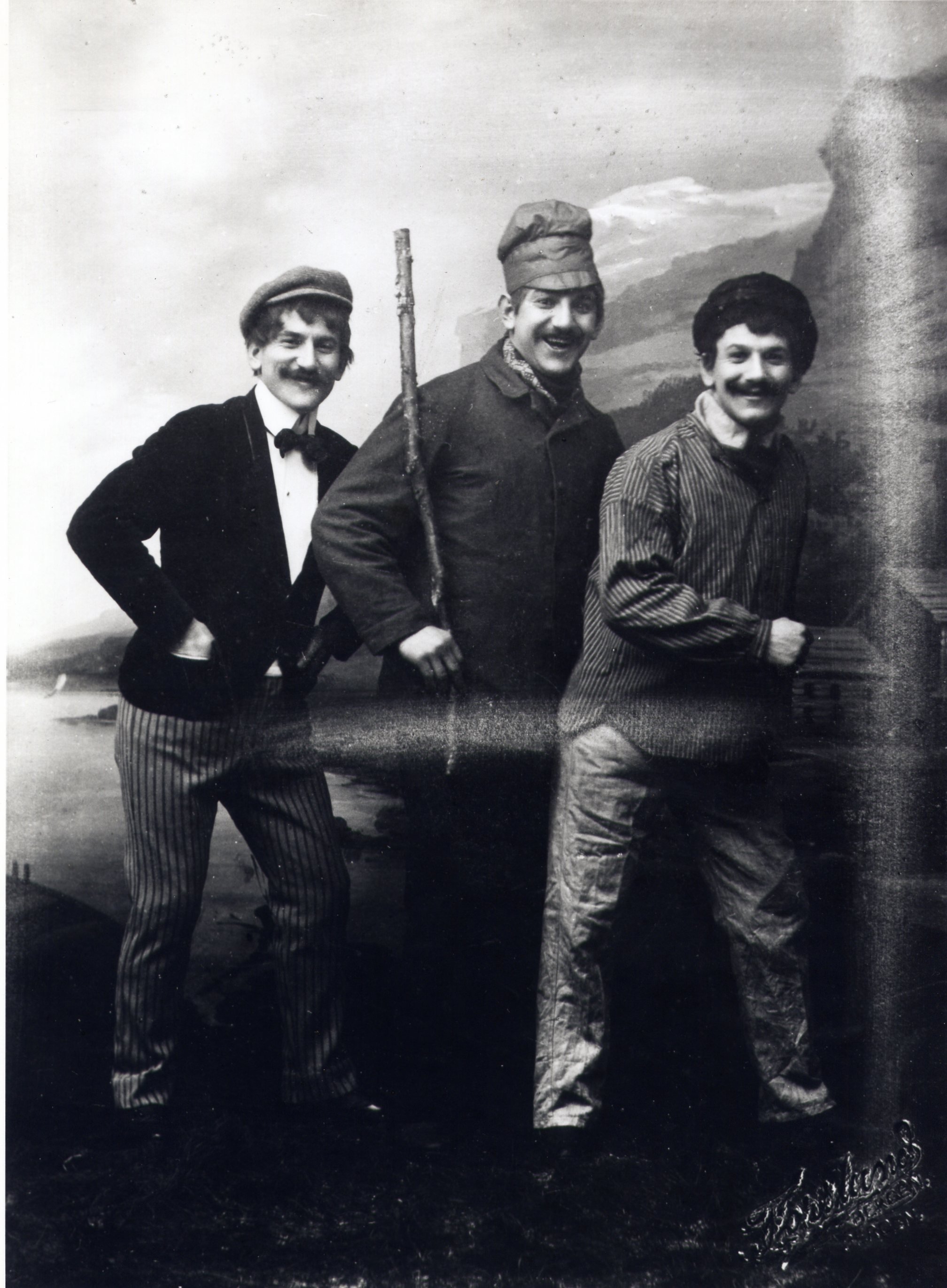
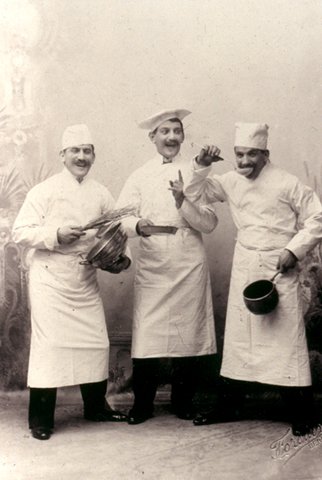
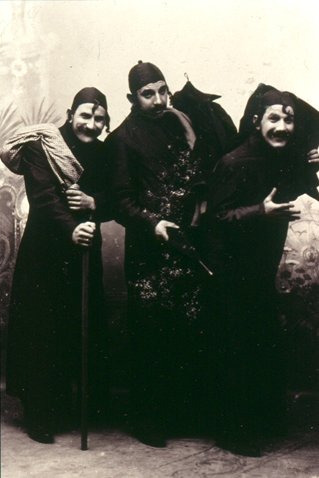
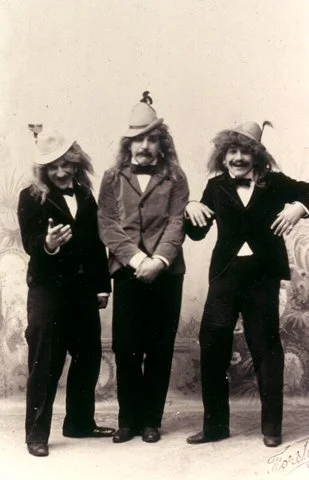
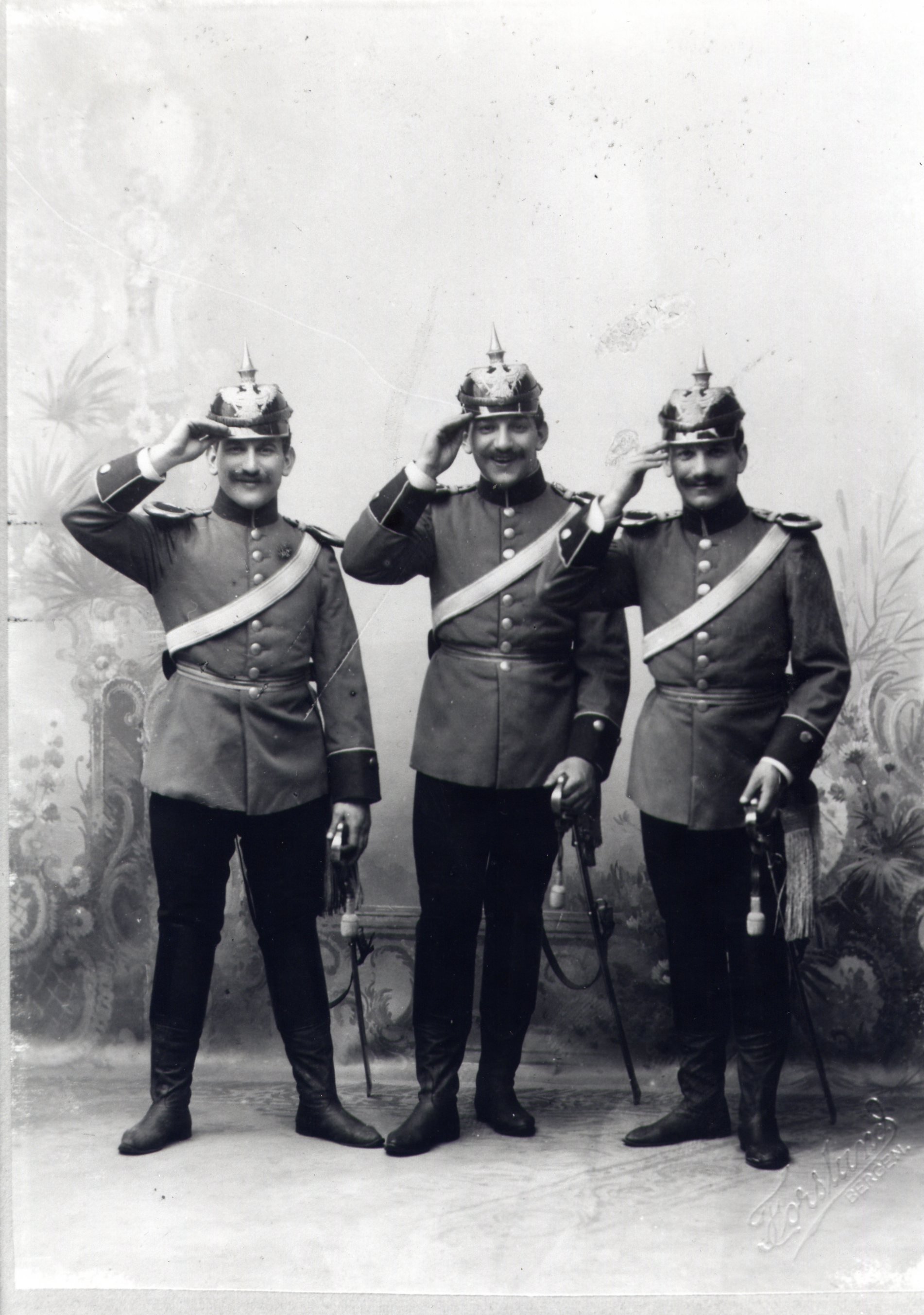
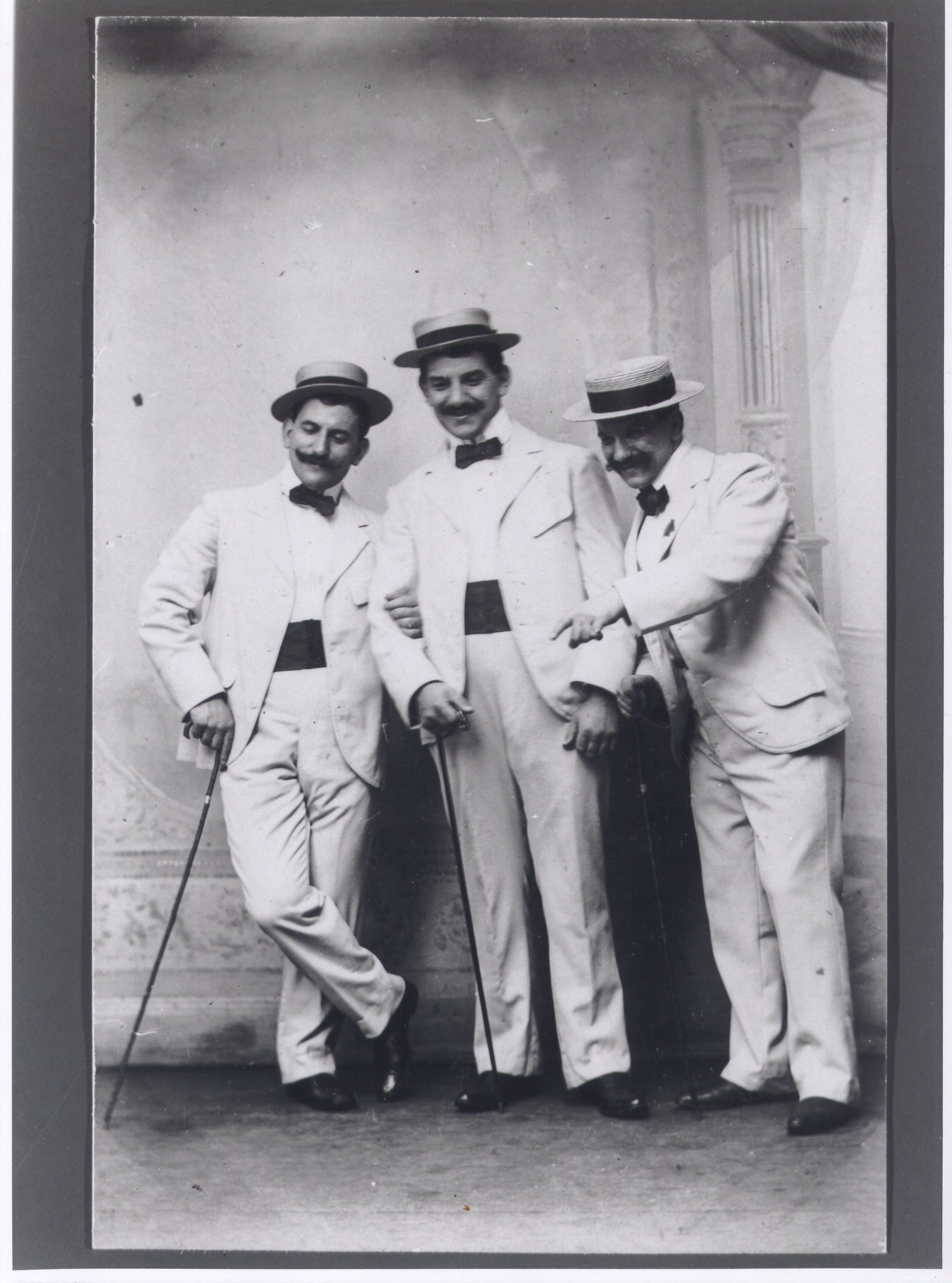
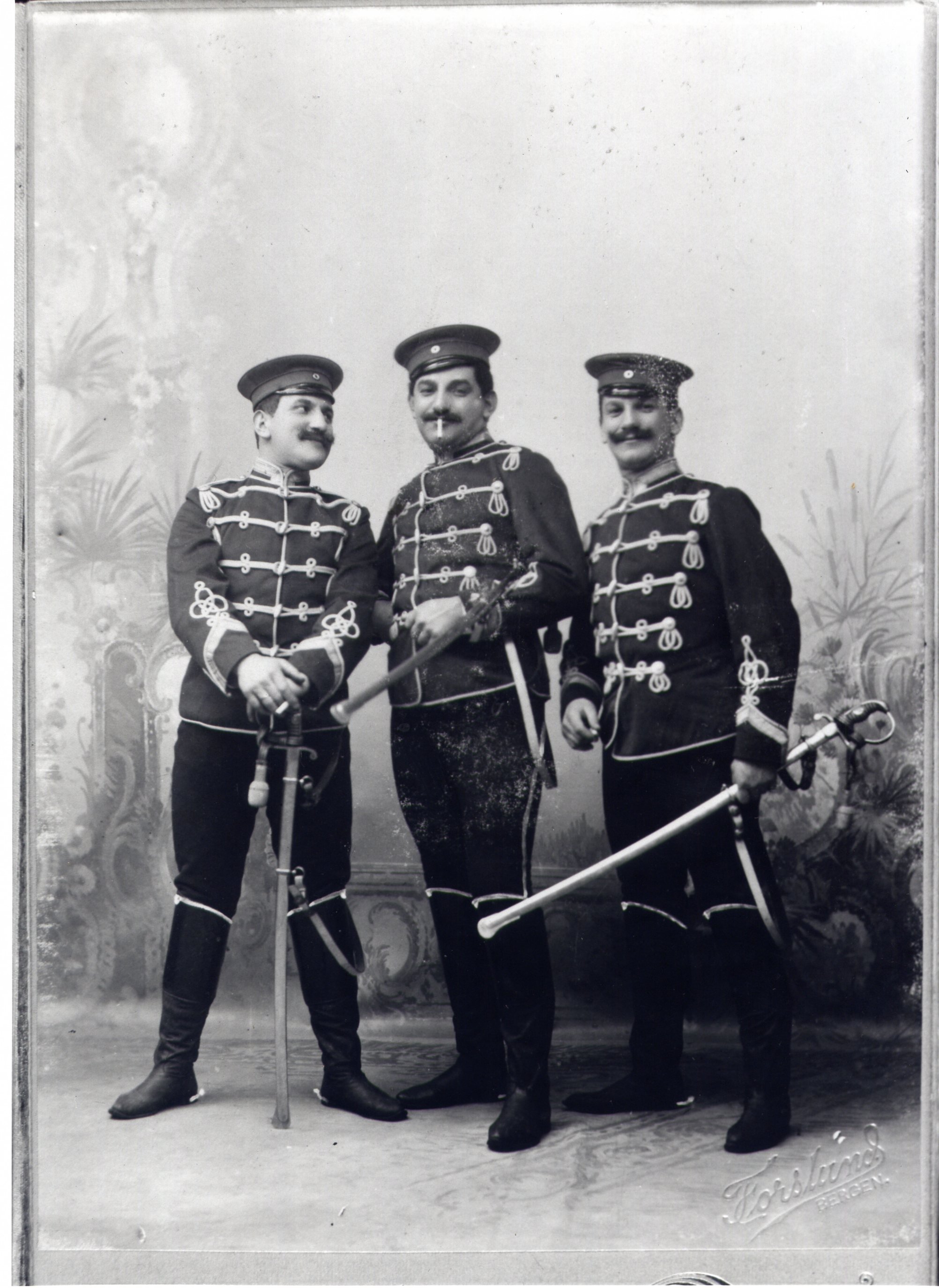
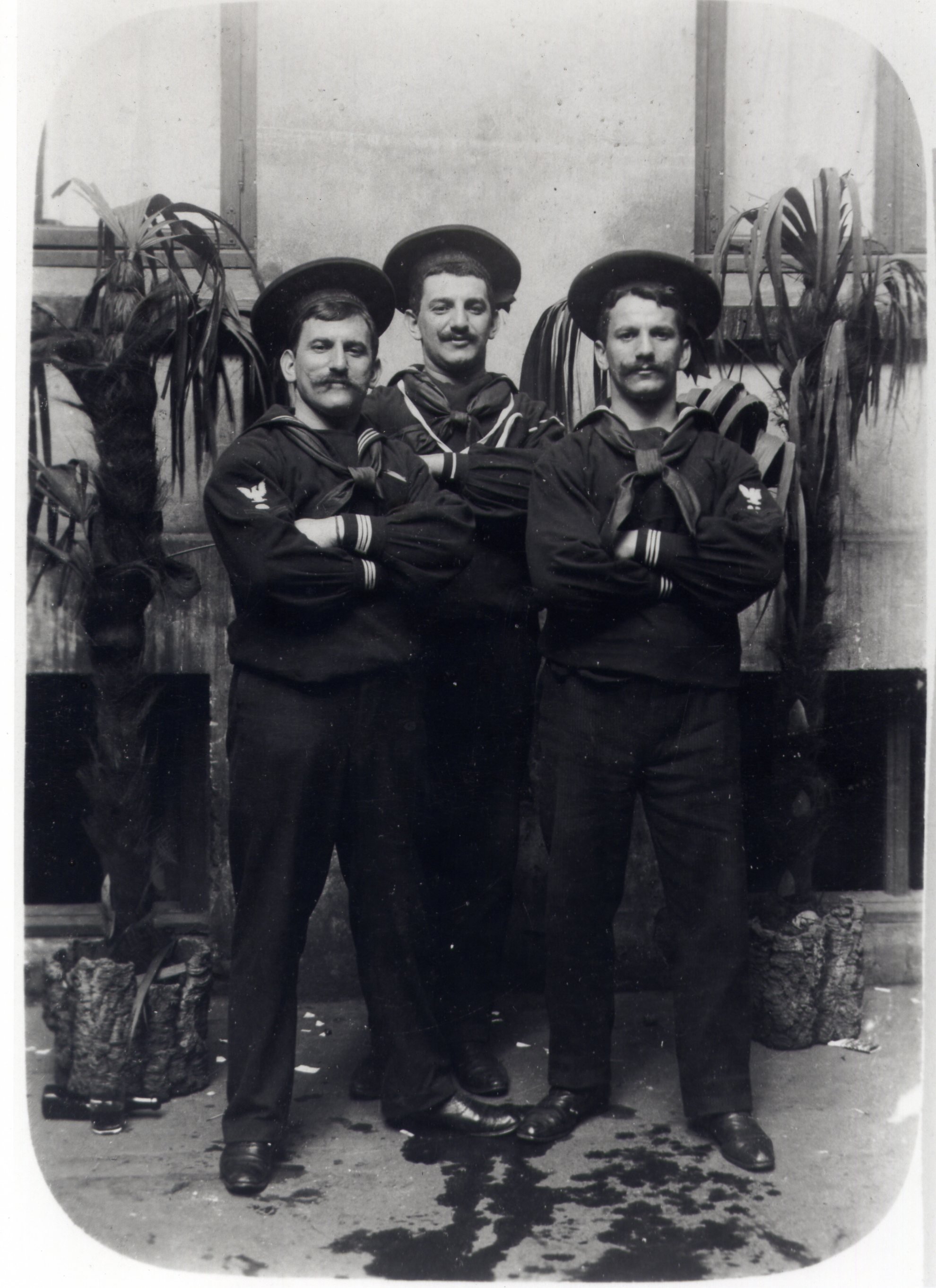
In 1906, James left the trio to run a newspaper shop in Hamburg-Eimsbüttel. Ludwig and Leopold continued as Gebrüder Wolf and achieved a major breakthrough with their revue "Rund um die Alster," which introduced the iconic harbor worker characters Fietje and Tetje. Facing rising antisemitism in Germany, the family adopted “Wolf” as their official surname in 1924.
Leopold, the group’s business mastermind, extended their success beyond the stage. He owned the tourist café Waldwiese in Kiel, Hamburg’s Hammonia variety theater, and the Operettenhaus. He also founded a publishing house to distribute the group’s popular songs, including hits like "Snuten un Poten," "Dat Paddelboot," and "De kugelrunde Deern."
After Leopold’s death in 1926, his son James Iwan Wolf joined Ludwig on stage, ensuring the family’s legacy continued. But in 1933, the Nazis banned Gebrüder Wolf from performing publicly. Though their songs remained cherished by the people of Hamburg, they were officially stripped of their authorship.
In 1939, James Iwan Wolf fled Hamburg for Shanghai and later New York with his brother Donat. The pair occasionally performed as Gebrüder Wolf in exile, donning the costumes of their father and uncle. Meanwhile, their uncle James Wolf, a founding member of the Wolf-Trio, was tragically deported to Theresienstadt and murdered by the Nazis. Ludwig Wolf survived the Holocaust, thanks in part to his fame and his non-Jewish wife, and lived in Hamburg until his death in 1955.
For decades, the Gebrüder Wolf faded from Hamburg’s collective memory—until filmmaker Jens Huckeriede rediscovered their story in 1995. In 1999, he connected with descendants of the family in Sweden and California, including Dan Wolf, Leopold’s great-grandson. An actor, musician, and writer based in San Francisco, Dan only learned about his family’s cultural legacy through Huckeriede. In 2000, Dan visited Hamburg, where he has since performed alongside his band Felonious and local musicians, bringing the legacy of Gebrüder Wolf back to life for a new generation.
Listen
Step into the lively streets of 19th-century Hamburg and meet the iconic Wolf Brothers — "Fietje" and "Tetje" — the hearty, witty harbor duo who captured the heart of a city. Their breakout hit Snuten und Poten became an anthem of charm and humor, winning over audiences at the legendary revue Rund um die Alster at Spielbudenplatz.
Let the music of the Wolf Brothers take you on a journey of humor, heart, and history. Listen to Snuten und Poten and discover why their legacy still resonates today.

















